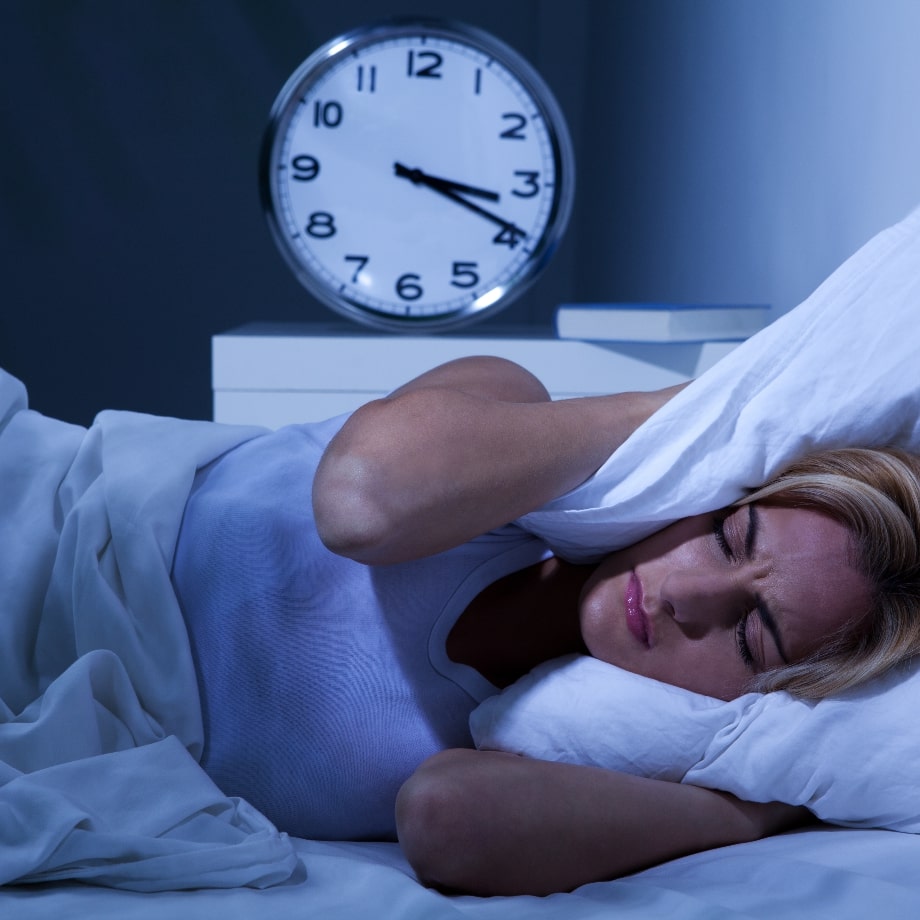HEALTH PROGRAMS
INSOMNIA MANAGEMENT
INSOMNIA MANAGEMENT

Sleep plays a vital role in our brain functions. If one does not get proper sleep, they may face issues like lack of energy, fatigue, irritability, and inability to make decisions. During sleeping hours, body cells get rejuvenated and all the systems are on minimum activity, which helps in reviving them. Insomnia is a common sleeping disorder which causes problems with quality, amount and timings of sleep. It hinders with our routine functioning and builds stress and exhaustion during the day. Disturbed sleep (pattern and quality) may also cause diabetes, Parkinson’s, dementia, heart disease and neurological disorders.
Traditional Chinese Medicine (TCM) has a long history of treating sleep disorders, including insomnia. According to TCM, insomnia is often caused by an imbalance in the body’s Qi (energy), blood, Yin (cooling and nourishing energy), and Yang (warming and activating energy) levels. TCM treatments for insomnia typically involve a combination of acupuncture, herbal remedies, and lifestyle modifications.
Here are some Ayurvedic & TCM modalities for managing Insomnia
Acupuncture:
Acupuncture involves the insertion of thin needles into specific points on the body to balance the flow of Qi. Acupuncture has been shown to be effective in improving sleep quality and reducing insomnia symptoms.
Herbal Massage:
Sesame oil or a medicated oil like Mahanarayana oil can help relax the body and promote sound sleep.
Use aromatherapy:
Essential oils such as lavender, chamomile, or sandalwood can help calm the mind and induce sleep.
Yoga and meditation:
Yoga poses, breathing exercises, and meditation can help calm the mind and body and promote restful sleep.
Ayurvedic herbs:
Herbs such as Ashwagandha, Brahmi, Shankhapushpi, are known to promote relaxation and improve sleep quality.
Lifestyle modifications:
Dr. Shine insomnia management includes lifestyle modifications to improve sleep, such as practicing meditation or relaxation techniques, avoiding stimulating activities before bedtime, and following a regular sleep schedule.
